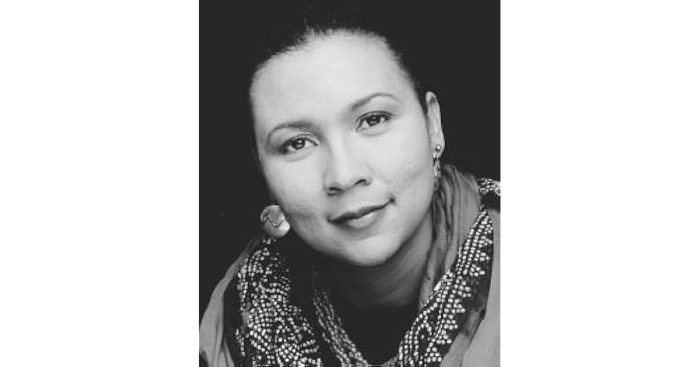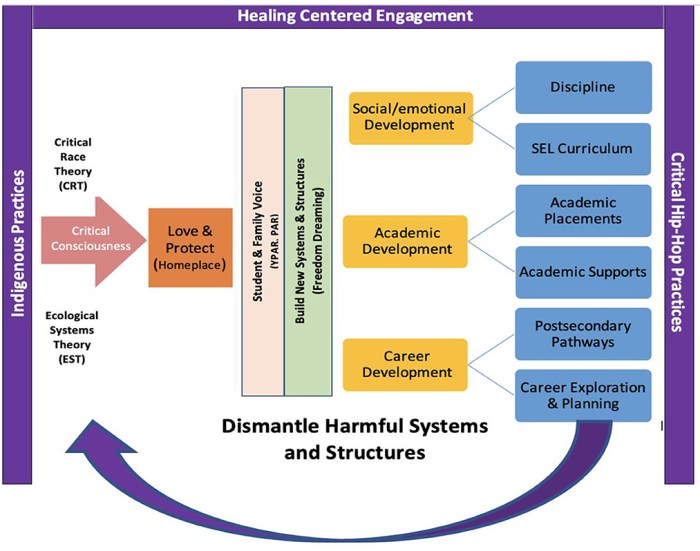Theory as liberatory practice bell hooks – In her groundbreaking work, “Theory as Liberatory Practice,” bell hooks presents a transformative approach to theory that challenges traditional notions of knowledge and power. Hooks argues that theory should not merely be an abstract intellectual exercise but rather a tool for liberation, empowering individuals and communities to critically engage with the world and work towards social justice.
Hooks’ theory as liberatory practice is grounded in the belief that knowledge is not neutral or objective but rather shaped by the social and political context in which it is produced. She emphasizes the importance of recognizing the ways in which power relations and systems of oppression influence the production and dissemination of knowledge.
Overview of Bell Hooks’ “Theory as Liberatory Practice”

Bell Hooks’ “Theory as Liberatory Practice” proposes a transformative approach to theory that emphasizes its role in empowering marginalized communities and promoting social justice. Hooks argues that theory is not merely an abstract concept but a tool for understanding and challenging oppressive structures.
Key elements of Hooks’ approach include:
- Critical Engagement:Theory should critically examine power relations and the ways in which they shape our understanding of the world.
- Experience and Identity:Theory should draw upon the lived experiences and identities of marginalized groups to create knowledge that is inclusive and empowering.
- Praxis:Theory should be grounded in practice and used to inform and guide action for social change.
Applications of Theory as Liberatory Practice, Theory as liberatory practice bell hooks
Theory as liberatory practice has been applied in various disciplines and contexts, including:
- Education:To challenge traditional educational practices that perpetuate inequality and empower students from marginalized backgrounds.
- Feminist Studies:To analyze gender oppression and develop strategies for liberation.
- Critical Race Theory:To examine the role of race in shaping social and political institutions.
Benefits of using theory as a liberatory practice include:
- Empowerment:It provides marginalized communities with the tools to understand and resist oppression.
- Social Transformation:It guides action for social change by identifying areas of inequality and injustice.
Critique of Theory as Liberatory Practice
Critics argue that:
- Overly Idealistic:It may be difficult to translate theory into effective action.
- Limited Scope:It may not be applicable to all forms of oppression.
These criticisms can be addressed by:
- Recognizing Limitations:Acknowledging that theory is not a panacea for all social problems.
- Adapting to Context:Modifying the theory to fit specific contexts and forms of oppression.
Contemporary Relevance of Theory as Liberatory Practice
Hooks’ theory remains relevant in contemporary social and political contexts, as it provides a framework for understanding and challenging:
- Continuing Oppression:Systemic racism, sexism, and other forms of oppression continue to shape our world.
- Rise of Authoritarianism:The rise of authoritarian regimes and ideologies threaten democratic values and human rights.
Theory as liberatory practice empowers individuals and communities to:
- Resist Oppression:Develop strategies to challenge injustice and create more equitable societies.
- Promote Social Change:Inform policy and action to address the root causes of oppression.
FAQs: Theory As Liberatory Practice Bell Hooks
What is the key idea behind theory as liberatory practice?
Theory as liberatory practice is the idea that theory should not be an abstract intellectual exercise but rather a tool for liberation, empowering individuals and communities to critically engage with the world and work towards social justice.
How does hooks define knowledge?
Hooks defines knowledge as not neutral or objective but rather shaped by the social and political context in which it is produced.
What are the benefits of using theory as a liberatory practice?
Theory as a liberatory practice can help us to understand the world around us, challenge systems of oppression, and envision a more just and equitable future.
